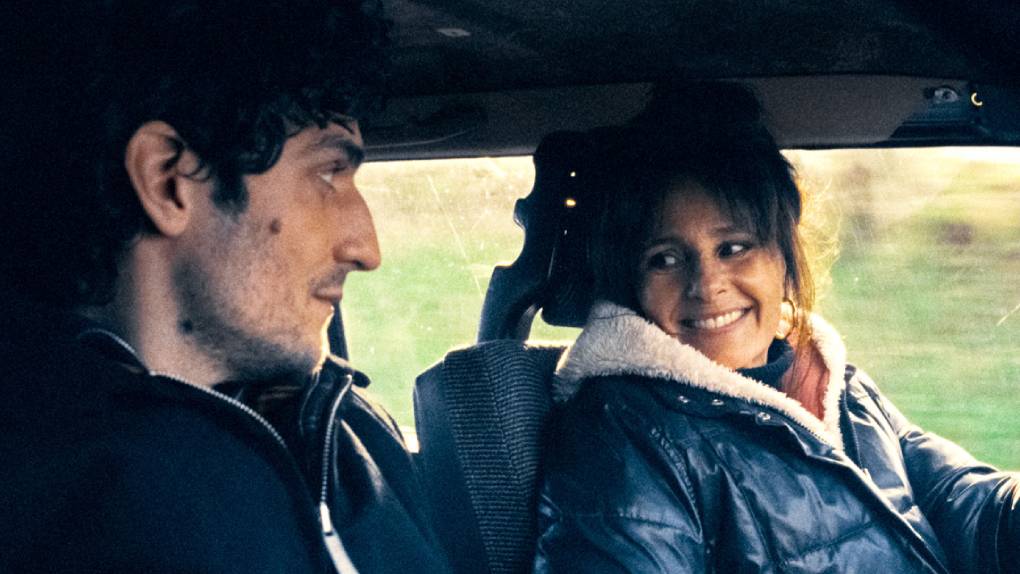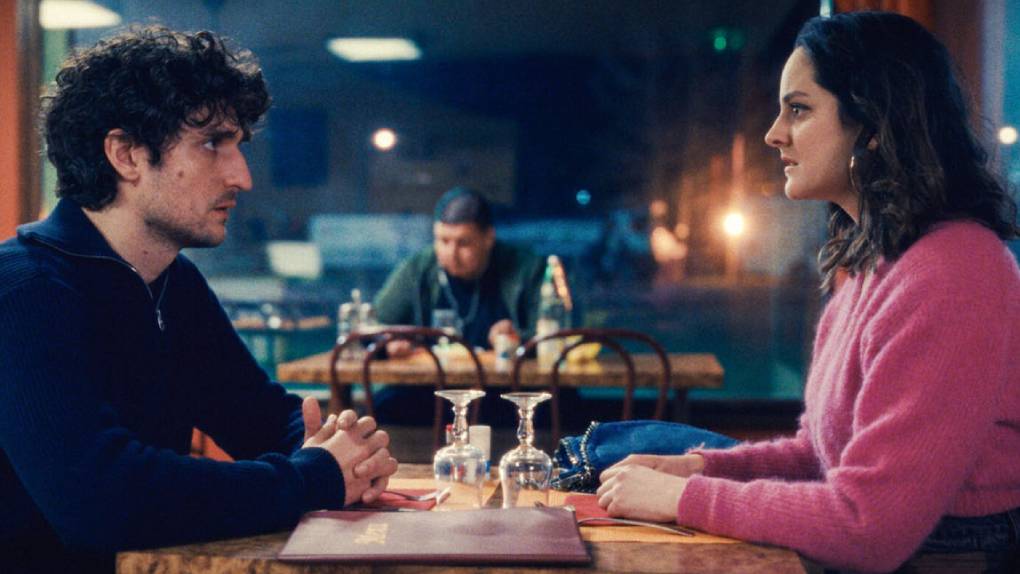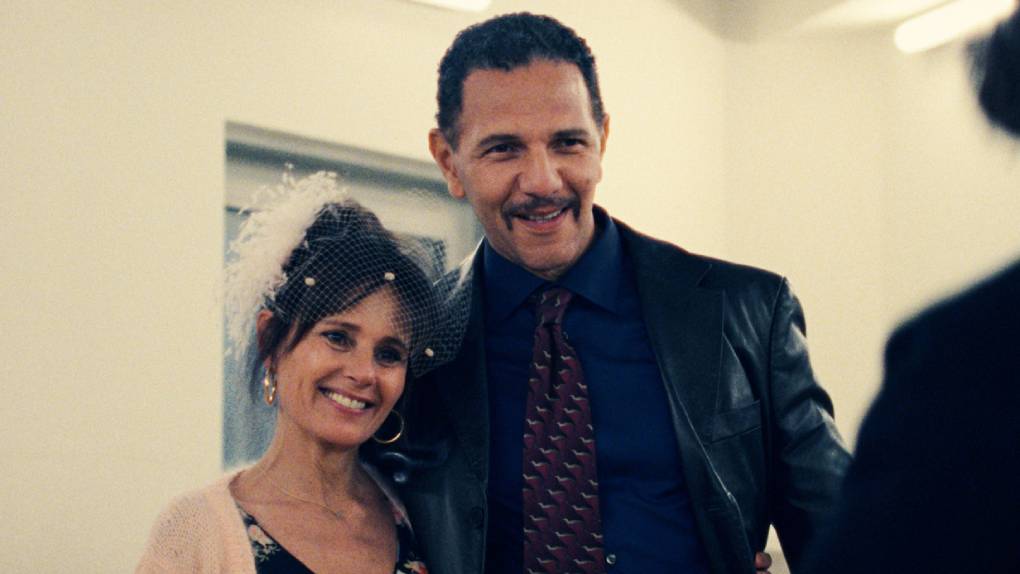In theaters since Wednesday, “The Innocent” is Louis Garrel’s fourth feature film as a director. A lively comedy worn by Roschdy Zem, Noémie Merlant and Anouk Grinberg.
The Innocent by Louis Garrel
With Roschdy Zem, Anouk Grinberg, Noémie Merlant…
What is it about ? When Abel learns that his mother Sylvie, in her sixties, is about to marry a man in prison, he panics. Supported by Clémence, his best friend, he will do everything to try to protect her. But the meeting with Michel, his new father-in-law, could well offer Abel new perspectives…
mise en abyme
OLIVIER BORDE / BESTIMAGE
According to Louis Garrel, “The Innocent is the story of this marriage from the son’s point of view. It’s a bit of a reverse shot.” He adds: “On the other hand, when my mother got married in prison, I was 18 years old, I was not there. Through this film, I therefore became embedded in her marriage!” Like his character, he spent a long time with prisoners during his adolescence, and got along well with his stepfather.
Despite the autobiographical base of this feature film, he did not want to make it an intimate chronicle but on the contrary to play with the genre, “including that of comedy. To avoid the pathos of the tragic dimension. The relationship of a mother to his son is a difficult thing to deal with in the cinema. It is easy to switch to the visceral. The more light-hearted one is, the better the film and the spectator are doing.”
A variety film

Les Tournelles Films
Louis Garrel explains: “François Truffaut used to say that people like pop songs because the sentences relate to everyone. The songwriters of pop songs, in two sentences, one has the impression that they are telling our story. I have tried to make a ‘variety’ film. Not just the variety of genres but a film in which everyone can recognize themselves.”
A long-standing project

Emmanuelle Firman
Garrel began writing alone before being joined by Tanguy Viel, a writer of “existential detective novels who likes to seize the genre to tell intimate things”, then by Naïla Guiguet, with whom he had worked on The crusade. “All this time has been very beneficial for the script,” he says.
If Jean-Claude Carrière, faithful collaborator of Garrel, did not participate in the writing, he had nevertheless read the script: “He suggested two or three things to me, one of which I put in the film: the little cat who licks my shoe and eats the caviar when I’m at the cemetery. He also had very visual scriptwriting ideas.”
The title

Les Tournelles Films
Technical Adviser

Les Tournelles Films
A model of the heist set was developed and Pautot rehearsed the scene with his friends, former mobsters, depending on the layout of the premises. “At the end of the day, I realize that if I take their indications into account and want to be realistic, I will not be able to film the scene. There comes a point, in terms of the perception of the scene, of time dilation , alternating editing with the rule of “during this time”, realism prevents cinema. It was an exciting work session, a necessary passage to arrive in the end at a geometry of cinema”, says the director.
